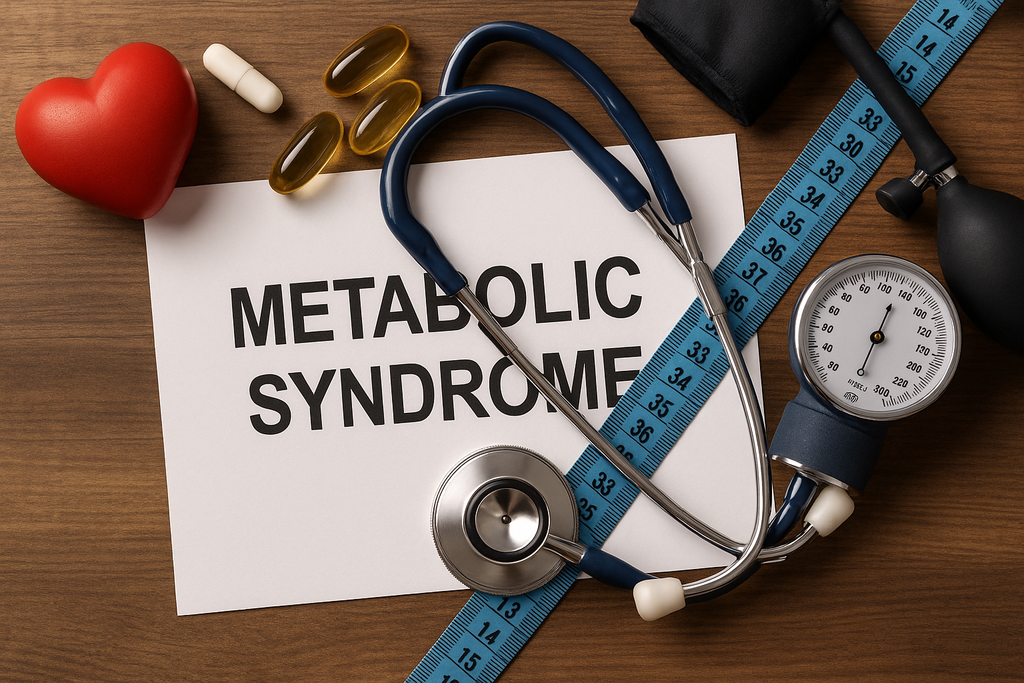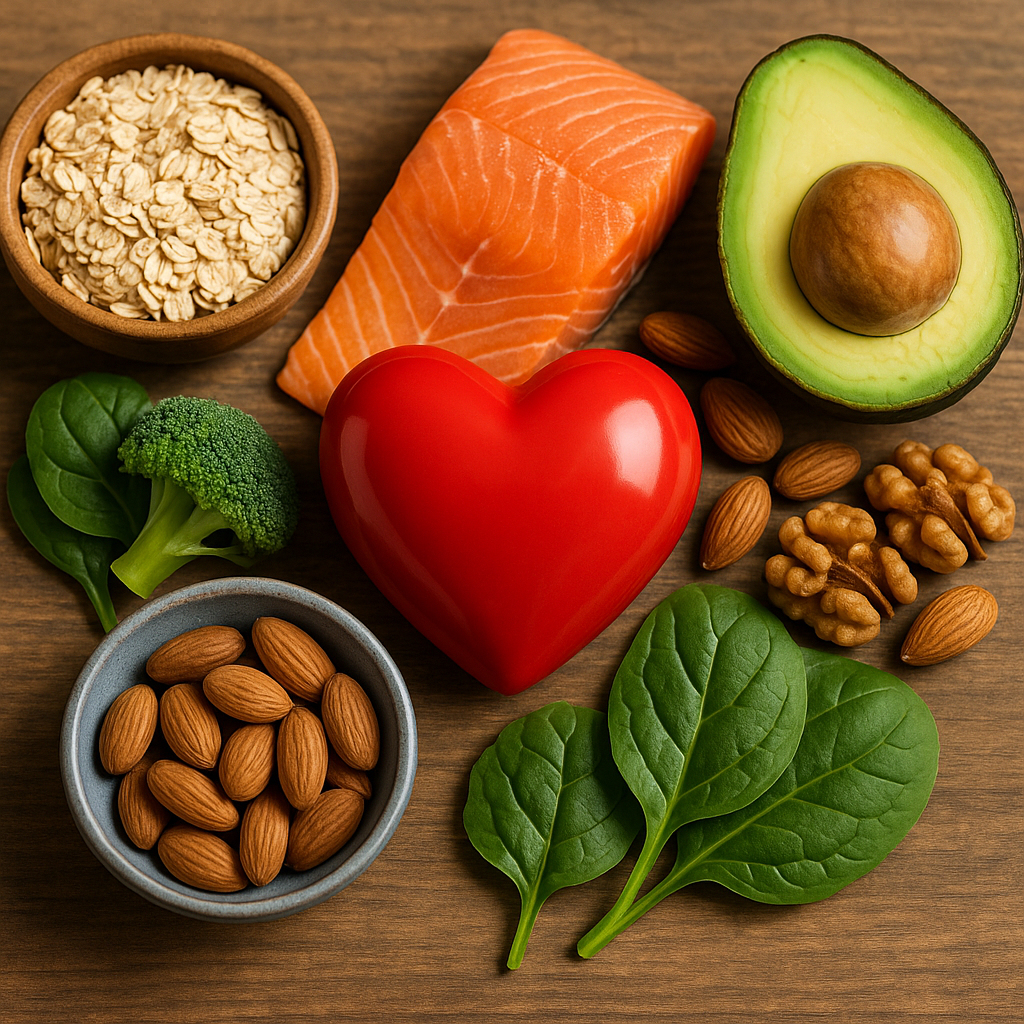News — HDL cholesterol
Metabolic Syndrome Criteria: The 5 Risk Factors You Need to Know
abdominal obesity blood sugar cardiovascular health diabetes prevention elevated glucose HDL cholesterol heart disease high blood pressure high triglycerides insulin resistance low HDL metabolic health metabolic syndrome metabolic syndrome diagnosis prediabetes risk factors supplements for metabolic syndrome triglyceride levels weight loss
Modern lifestyles have given rise to a cluster of health conditions that are increasingly threatening global health. One of the most insidious among them is metabolic syndrome — a silent but dangerous constellation of risk factors that significantly ups your odds for heart disease, type 2 diabetes, and stroke. It isn’t a disease in itself, but rather a group of conditions that, when occurring together, set the stage for long-term chronic illness.
Understanding the criteria that define metabolic syndrome is the first step in addressing it effectively. If you’ve ever wondered what the specific risk factors are and how they impact your well-being, this guide will break it all down for you. We're going to examine the five hallmark risk factors that clinicians use to diagnose metabolic syndrome and why each of them matters more than you might think.
Understanding Good vs. Bad Cholesterol: How to Lower LDL and Increase HDL
bad cholesterol cardiovascular health cholesterol cholesterol diet cholesterol levels cholesterol management cholesterol medications cholesterol support exercise for cholesterol foods for cholesterol good cholesterol HDL cholesterol healthy cholesterol heart health how to improve cholesterol increase HDL LDL cholesterol lower LDL natural supplements triglycerides
When people hear the word “cholesterol,” they often associate it with heart attacks and poor health. But cholesterol isn't inherently bad—it’s essential for building cells and producing hormones. The challenge lies in the balance between the two types: LDL (low-density lipoprotein) and HDL (high-density lipoprotein). These are more commonly known as the “bad” and “good” cholesterol, respectively. Understanding the difference and how each type affects your body is crucial to maintaining cardiovascular health and reducing your risk of chronic diseases.
In this article, we’ll dive deep into what sets LDL and HDL apart, the science behind how they work, and actionable steps you can take to lower your LDL while boosting your HDL. Whether you're managing high cholesterol or simply aiming to optimize your long-term health, this guide offers everything you need to know—backed by research and easy to implement in your daily life.
Niacin: A Natural Cholesterol Lowering Agent for Heart Health
cardiovascular health cholesterol lowering cholesterol management cholesterol treatment cholesterol-lowering vitamins HDL cholesterol heart health LDL cholesterol natural cholesterol remedy natural cholesterol support niacin niacin benefits niacin dosage niacin food sources niacin for heart health niacin supplements vitamin B3
In this article, we’ll explore how niacin works to improve cholesterol levels, its additional health benefits, and how you can incorporate it into your routine through diet or supplements. If you’re looking for a natural way to support cardiovascular health, niacin could be the answer.



